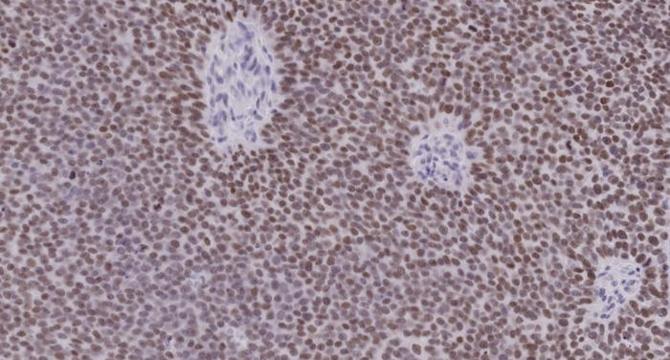Bioengineer
5d
350

Image Credit: Bioengineer
Scientists Identify Early Indicator of Prostate Cancer Aggressiveness
- Researchers at the University of Michigan Rogel Cancer Center have identified the gene PROX1 as a key player in driving prostate tumor cells towards lethal, treatment-resistant forms through lineage plasticity.
- The discovery of PROX1 sheds light on the mechanisms behind prostate cancer progression and proposes a potential therapeutic approach using FDA-approved drugs.
- Prostate cancer often evolves into forms independent of the androgen receptor pathway, posing challenges for existing treatments.
- PROX1 serves as an early marker in the transition to aggressive, androgen receptor-independent prostate cancer subtypes.
- It acts as a transcription factor, orchestrating cancer cell behavior, potentially repressing androgen receptor expression.
- Genetic ablation experiments demonstrate that PROX1 is essential for the survival and proliferation of aggressive prostate cancer cells.
- Targeting PROX1 indirectly through HDAC inhibitors shows promise in disrupting its function and reducing cell viability.
- Clinical trials testing HDAC inhibitors in patients with aggressive prostate cancer may open new therapeutic avenues.
- Further research is needed to understand the interactions between PROX1 and HDACs and their impact on prostate cancer cell fate.
- This study highlights the potential of targeting untargetable proteins like PROX1 by leveraging interactions with druggable partners like HDACs for cancer therapy.
Read Full Article
21 Likes
For uninterrupted reading, download the app